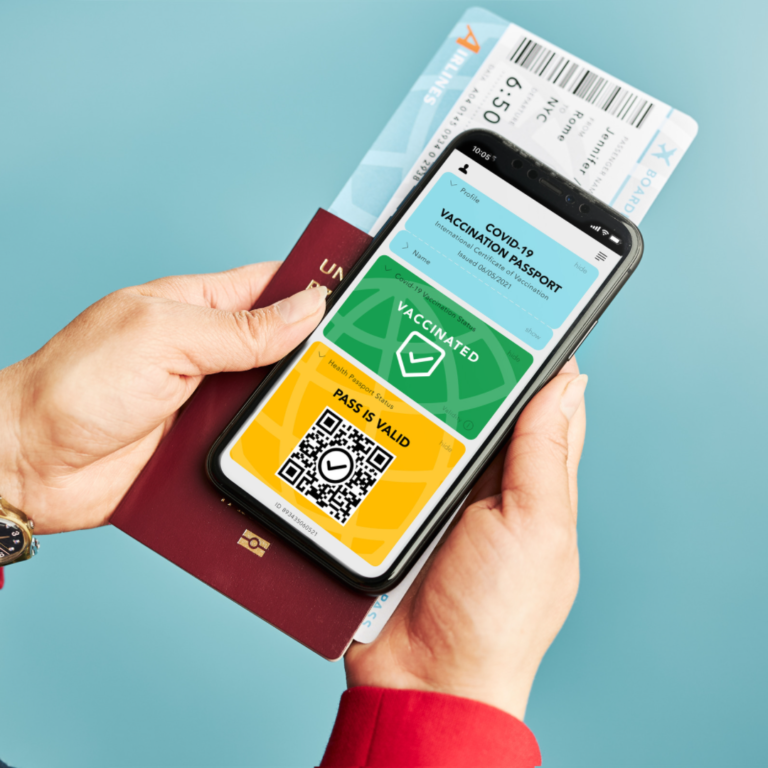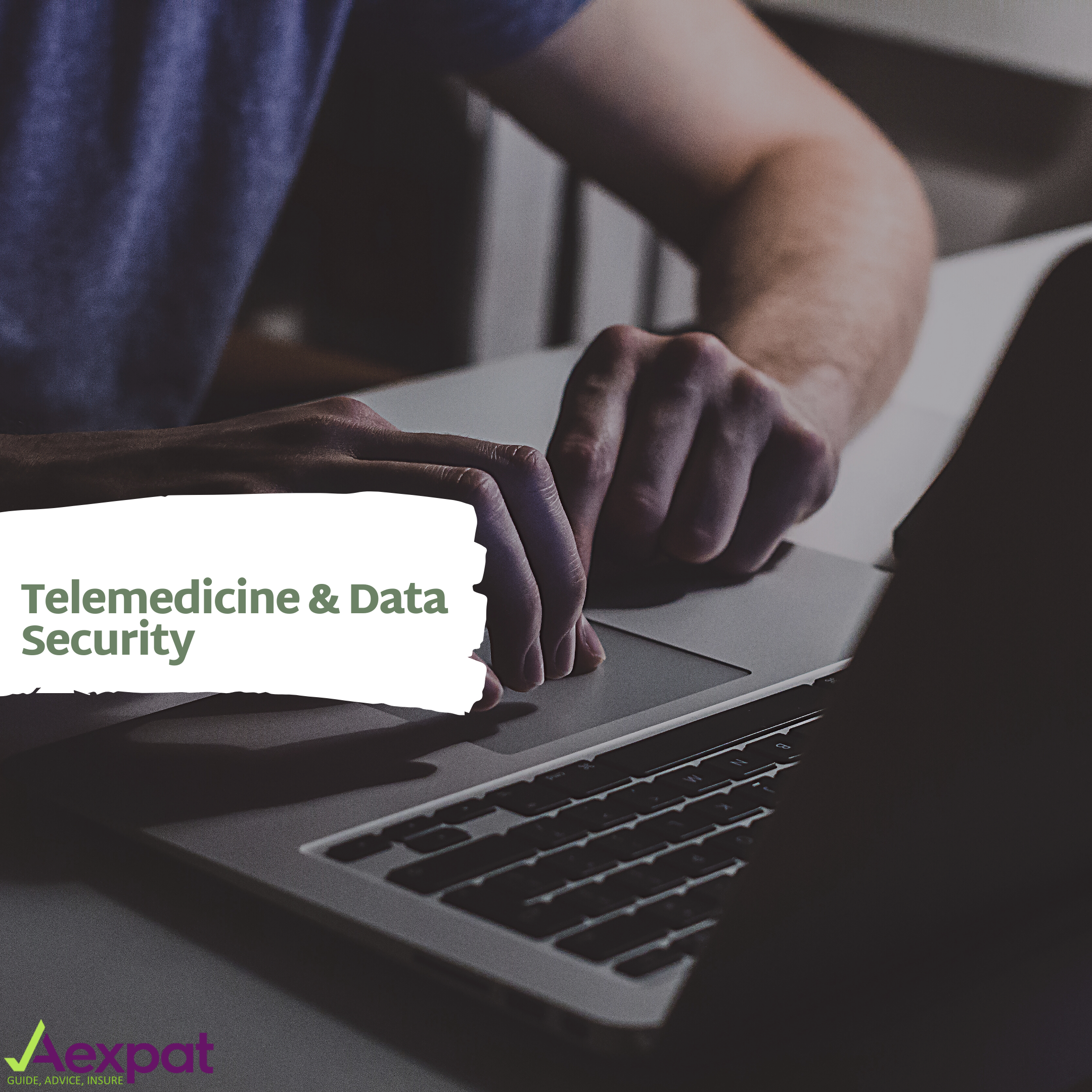The outstanding growth of technology has enabled the development of telemedicine. The rapid spread of COVID-19 brought tremendous attention to online doctor visit; to decrease physical contact between doctor and patients.
Digital health applications have broad solutions in sharing electronic medical records, evaluation, and diagnosis of patients. The-continues real-transmission of your data through computer networks may create data security issues.
What are the privacy risks?
Telehealth devices may collect and transmit data that patients wish to keep private. Moreover, smartphone applications may censor sensitive data, such as your location, and share it with third parties without anticipation of the user. The leading concern is unauthorized access through patient data while collecting and transmitting the files through a server.
How to secure transmissions?
Secure transmissions will require precaution. IT security must be followed with a precise authentication procedure to access systems along with a patient’s identity. Using unique ID, complex passwords, and two-factor authentication form, or biometric data such as fingerprints, can be taken to ensure that only authorized users can access the computer system for online consultations.
GP and clinicians should ensure accurate verification of patients by cross-referencing patient’s identity from their database to prevent unauthorized access.
How to manage privacy and confidentiality?
Online consultation should be done in a secure video-link. Patients should be informed of their privacy rights and permission must be submitted before any of their health information can be transmitted. The recorded data should be stored in a secured encrypted technology.
Using technology, patients will rely upon and put their trust in their physicians. A trustful relationship must be built on between doctors and patients where doctors are obligated not to disclose any medical information unless they have been authorized.
Digitalization can drive significant change in the healthcare industry. By understanding the key to security and privacy risks, the healthcare provider can focus on securing data privacy in the case of fraudulent access.











